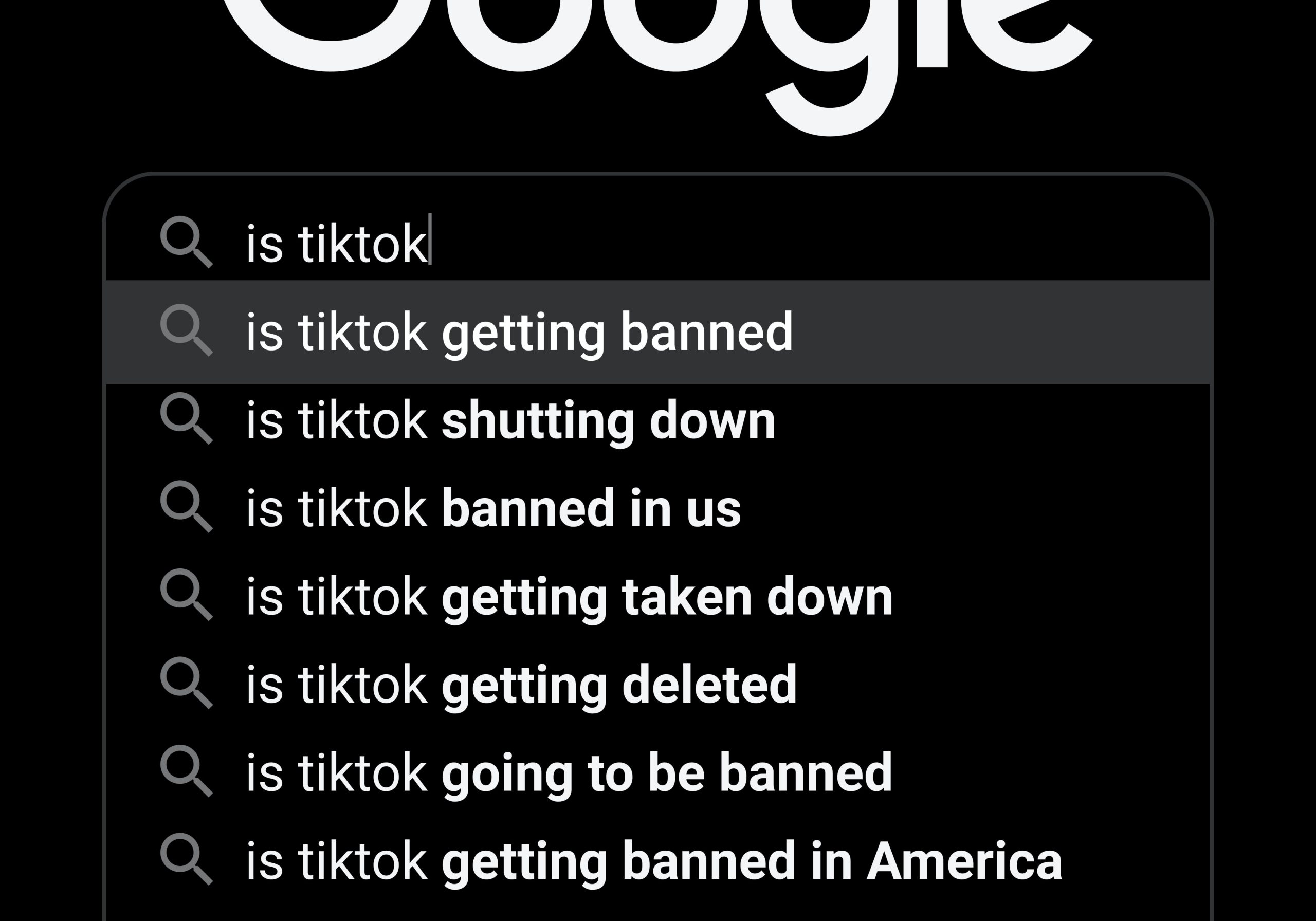Do you want to learn SEO fast but don’t know where to start? You’re in luck! In this guide, we will walk you through the basics of SEO and show you how to optimize your website for Google. We’ll cover everything from keyword research to link building, and we’ll even give you some tips on how to stay ahead of the competition. So what are you waiting for? Start learning SEO today!
Still with us? Great! Let’s start the guide of learn SEO fast with the basics. SEO stands for Search Engine Optimization, and it refers to the process of optimizing a website for Google (or other search engines). The goal of SEO is to improve your website’s ranking in the search results pages (SERPs), which will ultimately lead to more traffic and conversions.
There are a number of factors that go into SEO, but the most important ones are your website’s content and structure. That’s why it’s crucial to start with keyword research. Keyword research is the process of finding the right keywords to target for your website.
Once you’ve identified the right keywords, you can then start optimizing your website’s content for those keywords. This includes both on-page and off-page optimization.
On-page optimization refers to the process of optimizing your website’s individual pages for specific keywords, while off-page optimization refers to promotion strategies like link building and social media engagement.
Link building is one of the most important aspects of SEO, and it refers to the process of getting other websites to link back to your website. The more high-quality links you have pointing to your website, the higher your website will rank in the search results.
Social media engagement is also important for SEO, as it helps to signal to Google that your website is popular and relevant.
Table of Contents
Learn SEO Fast: The Ultimate Guide to Optimizing Your Website for Google
On-page SEO Techniques
Now that you know the basics of SEO, let’s take a look at some specific on-page optimization techniques that you can use to improve your website’s ranking.
1 . Title Tags
One of the most important aspects of on-page optimization is title tags. Title tags are the HTML elements that specify the title of a web page. They are used by search engines to understand what a page is about, and they are also the first thing that users see when they perform a search. That’s why it’s important to make sure your title tags are accurate and descriptive.
2 . Header Tags
Another important on-page optimization technique is using header tags. Header tags are used to structure the content on a web page, and they help search engines understand the hierarchy of a page’s content. Header tags should be used to break up your content into sections, and you should use keywords in your header tags to signal to Google what each section is about.
3 . Using Alt Text
In addition to title tags and header tags, another important on-page optimization technique is using Alt text. Alt text is used to describe images on a web page, and it helps Google understand what the image is about. If you’re using images on your website, be sure to include relevant keywords in the Alt text.
Off-page SEO Techniques
In addition to on-page optimization techniques, there are also a number of off-page optimization techniques that you can use to improve your website’s ranking.
1 . Link Building
One of the most important off-page optimization techniques is link building. As we mentioned earlier, link building is the process of getting other websites to link back to your website. The more high-quality links you have pointing to your website, the higher your website will rank in the search results.
2 . Social Media Management
Another important off-page optimization technique is social media engagement. As we mentioned earlier, social media engagement helps to signal to Google that your website is popular and relevant. If you want to improve your website’s ranking, be sure to post regularly on social media and include links back to your website.
Now that you know the basics of SEO, it’s time to start implementing some of these strategies on your own website. Remember to focus on creating high-quality content, optimizing your website for your target keywords, and building links from other websites. If you do all of this, you’ll be well on your way to improving your website’s SEO and driving more traffic and conversions. Thanks for reading, and happy optimizing!
These blog posts might be useful for you:
